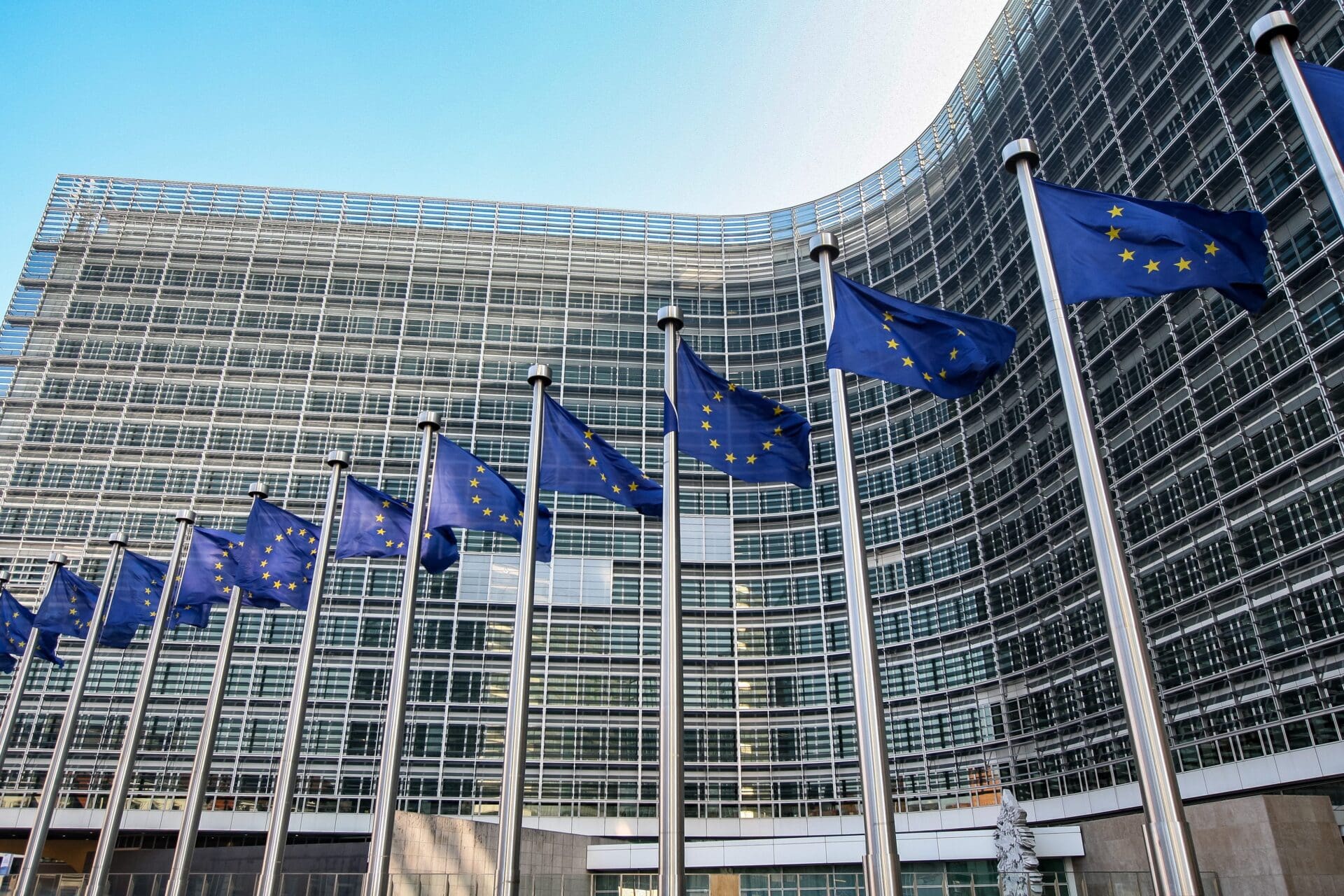According to German Chancellor Olaf Scholz, the right of veto of EU Member States should be abolished in more and more areas. Unsurprisingly, the announcement has made special resonance in traditional and social media. Mainstream Brussels politicians, academics and commentators have been campaigning against the right of veto of member states for quite some time, and the announcement stirred the embers. According to the simplistic narrative of the anti-veto camp, on one side stands the EU, its progressive Member States and MEPs, who work together in peace to make the right decisions in the interest of the whole of Europe. On the other side are the selfish advocates of retrograde nations who do not discern the signs of the times, and place obstacles in the way of European cooperation. Listening to them, the right of veto appears to be a primitive tool from the Stone Age, which has no more place in the modern European Union, because it paralyses unity and common European action.
This is nothing but dust in the eyes, a well-constructed, rose-tinted depiction of a huge European power struggle. The use of the term ‘veto’, which implies the prevention of something and can therefore be attributed a negative meaning, is misleading in itself, because it is a false premise. It creates the impression that in Europe everything has been always decided together, and in exceptional cases that practice could somehow be blocked with a veto.
Each sovereign Member State decides its own fate
However, the correct starting point is that each sovereign Member State decides its own fate. Creating and joining the EU were such decisions, which does not mean, however, that the member countries renounce having a say in what happens in the EU once they are in. The functioning of the EU is governed by the Treaties, in which Member States determined what competence they gave to the EU and what they kept at national level.
The picture looks like this: firstly, Member States conferred some competences to the EU in the institutional system, and thus have indeed accepted that they cannot guarantee to a hundred per cent that their position is fully taken into consideration. Secondly, they have clearly stated in Article 5 of the Treaty on European Union that ‘competences not conferred upon the Union in the Treaties remain with the Member States’. In other words, it is out of the question that the EU intervene in these matters. Thirdly, in some areas, they saw fit to empower the Union to act, with the guarantee that an extraordinary majority of Member States is required for any decision to be taken. Finally, there are some very sensitive issues where, according to the fundamental treaties, the Union can only act if there is full consensus, which in EU jargon is called unanimity.
For example, unanimity is needed when adopting the long-term EU budget (MFF), which basically determines how much each country pays in and how much it can receive from the common budget, as well as what these amounts can be spent on. It is clear that the Union can only operate with a budget, but the demand for unanimity is also understandable, so that nobody’s fate can be decided without their consent.
Areas that require unanimity also include foreign policy and security policy issues. These are key matters of sovereignty that a state can hardly renounce responsibly. At the same time, there is no doubt that it can be worth striving for joint action on certain issues in these areas as well. In this case, unanimous decision-making is the tool for joint action. It should be emphasised that unanimity is not a factor that paralyses the Union, on the contrary: it is a prerequisite for joint action! Member States had agreed on granting powers to the Union precisely because unanimity is there as a guarantee.
If this guarantee is lost, Member States may suffer a significant loss of power in favour of the mainstream political and institutional forces of the EU. Renouncing unanimous decision-making is tantamount to self-abandonment, especially in the case of smaller Member States.
The camp advocating for the abolition of unanimity certainly believes that if, with the usual tactics, it puts Member States’ governments under sufficiently strong ideological pressure, for a long enough time, it can reach its goal sooner or later. Therefore, it can be predicted that this will remain a top issue in Brussels for some time.
What will happen if advocates of unanimous decision-making stand firmly by their position?
However, the question arises: what will happen if advocates of unanimous decision-making stand firmly by their position? In that case, a possible scenario is that unanimous decision-making disappears from the Treaties under political, ideological and media pressure, but in return, the areas in which the Union can act may also be narrowed down. This would be a logical consequence: if unanimity, which had allowed the EU to see its competences extended to areas which are crucial for Member States, disappears, Member States could simply prefer to withdraw these areas from the EU’s scope. Thus, paradoxically, by abolishing the ‘veto’ the Union’s room for manoeuvre may decrease.
Is it worth fighting against unanimity at all costs? Wouldn’t it be better to keep unanimity and look for solutions that can keep everyone on board? Well, it would certainly require more time and energy than simply stigmatising those who object to some proposed EU policies that go against their vital interests. It would need more readiness for dialogue, and willingness to listening to and hear the arguments of everyone. Although this, unfortunately, not what we are seeing today, it would be in line with the EU’s founding principle of mutual understanding that brings different Member States together in as many fields as possible.








